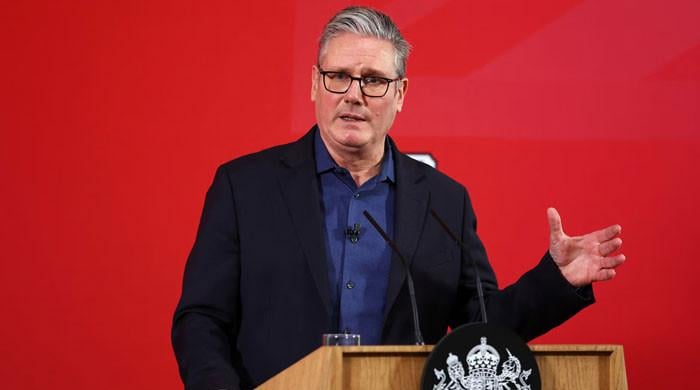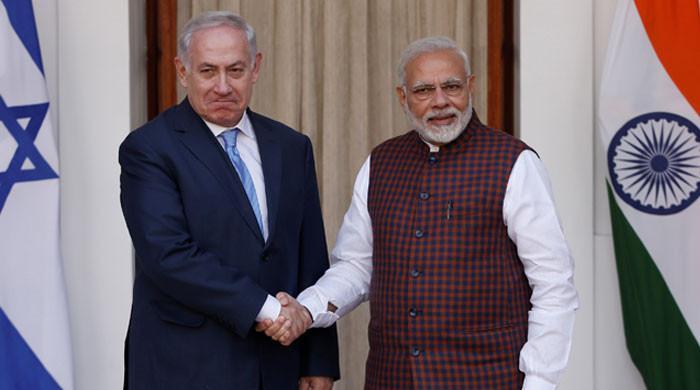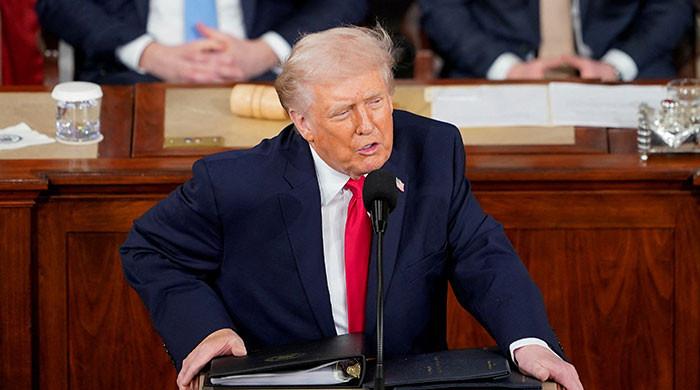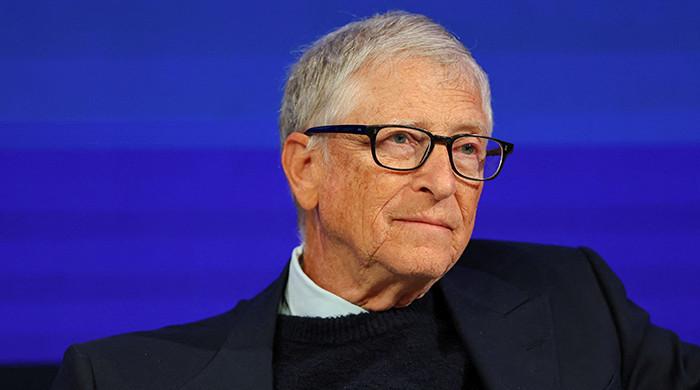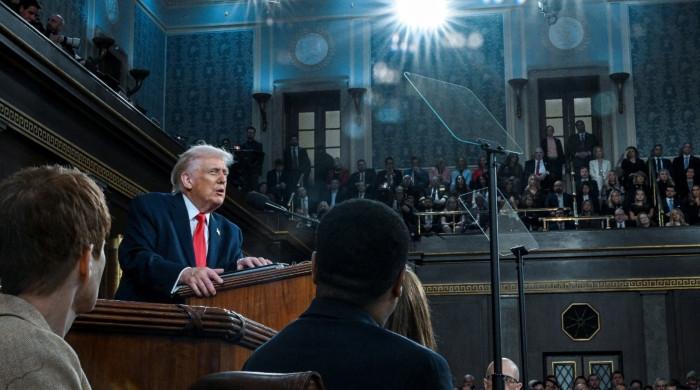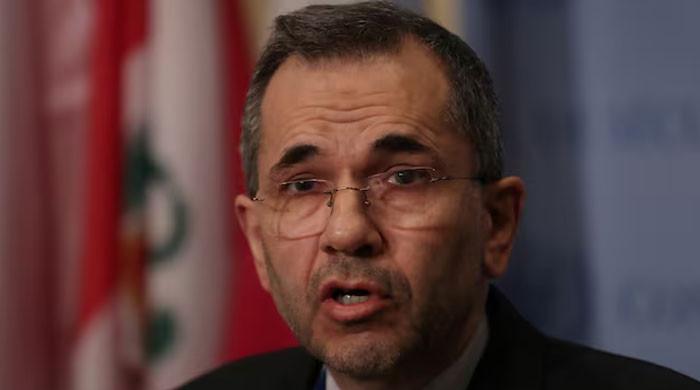Australia terminates 'Golden Visa' scheme — What does it mean for immigrants?
Australia's decision follows review revealing programme's failure to deliver positive economic outcomes
January 22, 2024
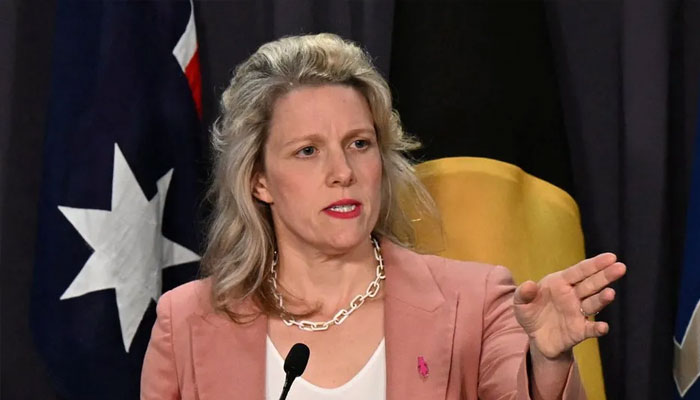
Australia has terminated its "golden visa" programme, allowing affluent foreign investors to reside in the country, as part of a comprehensive immigration overhaul, BBC reported.
The decision follows a government review revealing the programme's failure to deliver positive economic outcomes, leading to its replacement with visas targeting skilled workers.
Since its initiation in 2012, thousands of significant investor visas (SIV) have been granted, with 85% of successful applicants originating from China. Marketed to attract foreign investment and foster innovation, candidates were required to invest over A$5 million in Australia to qualify.
Minister for Home Affairs Clare O'Neil stated, "It has been obvious for years that this visa is not delivering what our country and economy needs."
The move has been applauded by Transparency International Australia's CEO, Clancy Moore, who highlighted concerns about the programme being exploited by corrupt officials for money laundering.
Critics have long raised alarms about alleged loopholes and vulnerabilities in the golden visa scheme. A government inquiry in 2016 expressed worries about potential money laundering, and in 2022, The Australian newspaper reported instances of Cambodia's Hun Sen regime exploiting the system.
The decision aligns with international trends, as the UK also abandoned its fast-track residency programme for the wealthy in 2022, citing concerns about illicit Russian money.
Similar "golden visa" schemes in Malta have faced scrutiny, with investigations revealing speedy citizenship grants and the EU expressing worries about money laundering, tax evasion, and corruption risks.
Australia's immigration policy shift focuses on creating visas for skilled migrants capable of making significant contributions to the country, marking the end of a programme criticised for its alleged failures and susceptibility to misuse.




